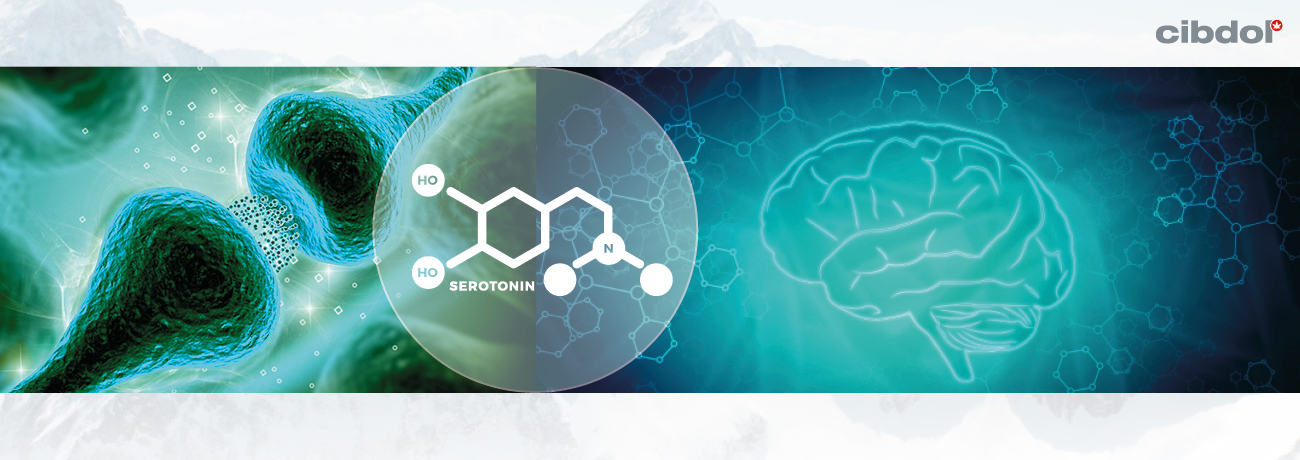CBD, short for cannabidiol, has been gaining widespread attention for its potential therapeutic benefits. However, there is often confusion surrounding its psychoactive properties. In this article, we delve into the science behind CBD to determine whether it possesses psychoactive effects.
Understanding Psychoactivity
Psychoactivity refers to the ability of a substance to alter mental state or consciousness. Substances like tetrahydrocannabinol (THC), found in cannabis, are known for their psychoactive properties, leading to the sensation of being “high.”
CBD vs. THC: Key Differences
Unlike THC, CBD does not produce psychoactive effects. Both compounds are derived from the cannabis plant, but they interact with the body in different ways. THC binds directly to cannabinoid receptors in the brain, triggering psychoactive effects, while CBD interacts with other receptors without causing intoxication.
Read More: Hemp Seed: A Nutritious Powerhouse
How CBD Interacts with the Body
CBD interacts with the body’s endocannabinoid system (ECS), a complex network of receptors regulating various physiological processes. By influencing neurotransmitter activity, CBD can modulate functions such as pain perception, mood, and inflammation.
The Lack of Psychoactivity in CBD
Research indicates that CBD does not bind strongly to cannabinoid receptors associated with psychoactivity. Instead, it modulates receptor activity indirectly, leading to therapeutic effects without altering consciousness or perception.
Research and Evidence
Numerous studies support the non-psychoactive nature of CBD. Research has demonstrated its efficacy in managing various conditions, including chronic pain, anxiety disorders, epilepsy, and even certain neurological disorders.
Read More: Cannabis Integration in Food and Beverage
Benefits of Non-Psychoactive CBD
- Pain Management: CBD exhibits analgesic properties, effectively alleviating chronic pain and inflammation.
- Anxiety and Stress Relief: CBD has anxiolytic effects, helping to reduce symptoms of anxiety and promote relaxation.
- Neuroprotective Properties: CBD shows promise in protecting brain cells from damage and degeneration, potentially benefiting conditions like Alzheimer’s disease and Parkinson’s disease.

Safety and Legality
CBD is generally considered safe, with few reported adverse effects. Unlike THC, it does not cause intoxication or dependence. Moreover, CBD derived from hemp is legal in many parts of the world, provided it contains negligible levels of THC.
Types of CBD Products
CBD is available in various forms, including oils, tinctures, capsules, edibles, and topicals. Each product offers unique advantages, allowing consumers to choose the most suitable option based on their preferences and needs.
Choosing the Right CBD Product
When selecting a CBD product, factors such as potency, purity, and method of consumption should be considered. Choosing high-quality products from reputable brands is essential to ensure safety and efficacy.
Dosage Considerations
Finding the optimal CBD dosage depends on factors such as body weight, individual tolerance, and the severity of symptoms. It’s advisable to start with a low dose and gradually increase until the desired effects are achieved.
Potential Side Effects
While CBD is generally well-tolerated, some individuals may experience side effects such as dry mouth, drowsiness, or changes in appetite. These effects are typically mild and temporary.
Myth Debunking: CBD and Psychoactivity
Despite misconceptions, CBD does not induce psychoactive effects or impair cognitive function. Its non-intoxicating nature makes it suitable for daily use without interference with daily activities.
CBD and Drug Tests
CBD products containing trace amounts of THC may theoretically trigger a positive result in drug tests. However, high-quality CBD products undergo rigorous testing to ensure compliance with legal standards, minimizing the risk of THC contamination.
Conclusion
In conclusion, CBD is not psychoactive and does not produce the euphoric “high” associated with THC. Instead, it offers various potential health benefits without impairing cognitive function or consciousness. By understanding the science behind CBD, consumers can make informed choices regarding its use for wellness and therapeutic purposes.
Source: Cibdol
FAQs
Is CBD legal?
- Yes, CBD derived from hemp containing less than 0.3% THC is federally legal in the United States and many other countries.
Can CBD get you high?
- No, CBD is non-psychoactive and does not produce intoxicating effects.
How long does it take for CBD to work?
- The onset of CBD effects varies depending on factors such as dosage, method of administration, and individual metabolism, but effects are typically felt within 15-60 minutes.
Is it possible to overdose on CBD?
- CBD is well-tolerated in high doses, and there is no known risk of overdose. However, excessive consumption may lead to mild side effects.
Can CBD interact with medications?
- CBD may interact with certain medications, so it’s essential to consult with a healthcare professional before using CBD, especially if you’re taking other medications.
